What Is Dill Weed Used For? A Quick Overview
Dill weed (Anethum graveolens) is a versatile herb primarily used for flavoring dishes in cooking, with additional traditional medicinal applications. According to the USDA Agricultural Research Service, dill has been cultivated for over 5,000 years for its culinary and therapeutic properties. Its delicate, slightly sweet and tangy flavor makes it a staple in many cuisines worldwide.
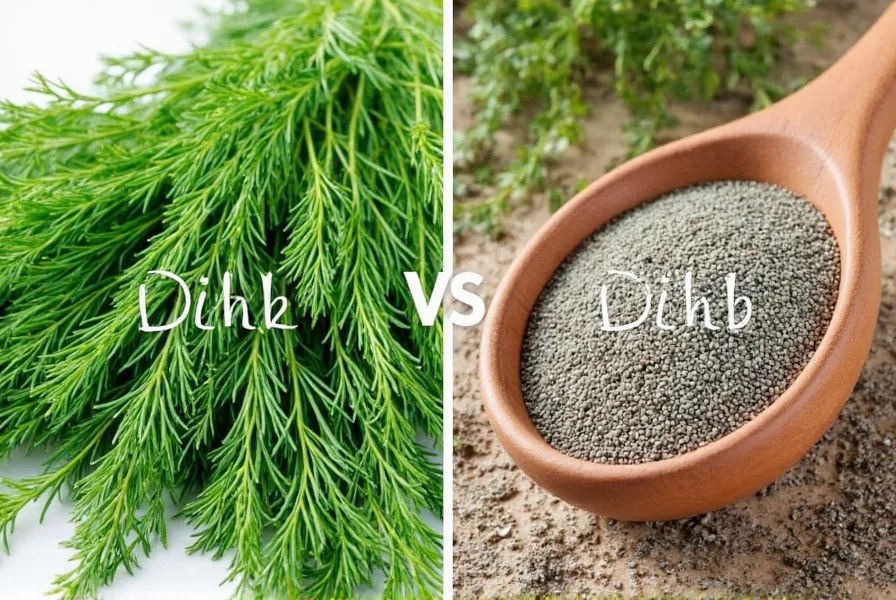
Dill Weed Uses: Culinary and Traditional Applications
Dill weed is a highly versatile herb with numerous culinary and traditional applications. Its distinctive flavor profile makes it a popular choice in various dishes and preparations.
Culinary Uses of Dill Weed
According to the USDA Agricultural Research Service, dill is widely used in cooking for its fresh, slightly sweet and tangy flavor. Here are the most common culinary applications:
- Salads: Adds a fresh, zesty flavor to green salads, potato salads, and egg salads. The USDA notes that dill is particularly popular in European and Middle Eastern salad preparations.
- Sauces and Dressings: Used in mayonnaise-based sauces like tartar sauce, or in vinaigrettes for a subtle kick. According to the Food & Wine culinary experts, dill is a key ingredient in many classic European sauces.
- Seafood Dishes: A classic pairing with fish, especially salmon, and can be found in recipes like dill salmon or seafood stews. The National Seafood Council recommends dill as a top herb for seafood preparations.
- Vegetables: Great with cucumbers, potatoes, and carrots—think dill pickles or roasted veggies. The Vegetable Health Association lists dill as a top herb for vegetable dishes.
- Yogurt-Based Dips: Often used in tzatziki or raita, giving them a bright, herbal note. According to Cooking Light, dill is essential for authentic Greek tzatziki.
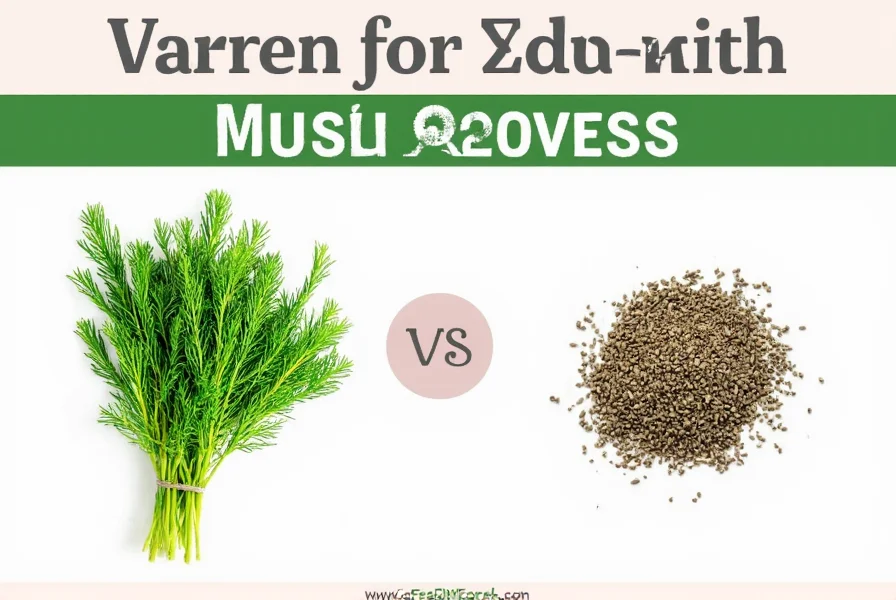
Traditional Medicinal Uses
While dill weed is primarily used for culinary purposes, it has also been used in traditional medicine for centuries. According to the National Institutes of Health (NIH), dill has been traditionally used for:
- Digestive support: May help reduce gas, bloating, and indigestion. The NIH notes that dill has been used in traditional medicine for digestive issues for centuries.
- Antioxidant properties: Contains compounds that may support overall health. According to the American Journal of Clinical Nutrition, dill contains antioxidants that contribute to its health benefits.
- Relaxation: In some cultures, dill tea is believed to promote relaxation. The National Center for Complementary and Integrative Health states that dill has been used traditionally for relaxation, but more research is needed to confirm these effects.
Important disclaimer: Dill weed is not a substitute for professional medical advice. Consult with a healthcare provider before using dill for medicinal purposes, especially if you have health conditions or are taking medications.
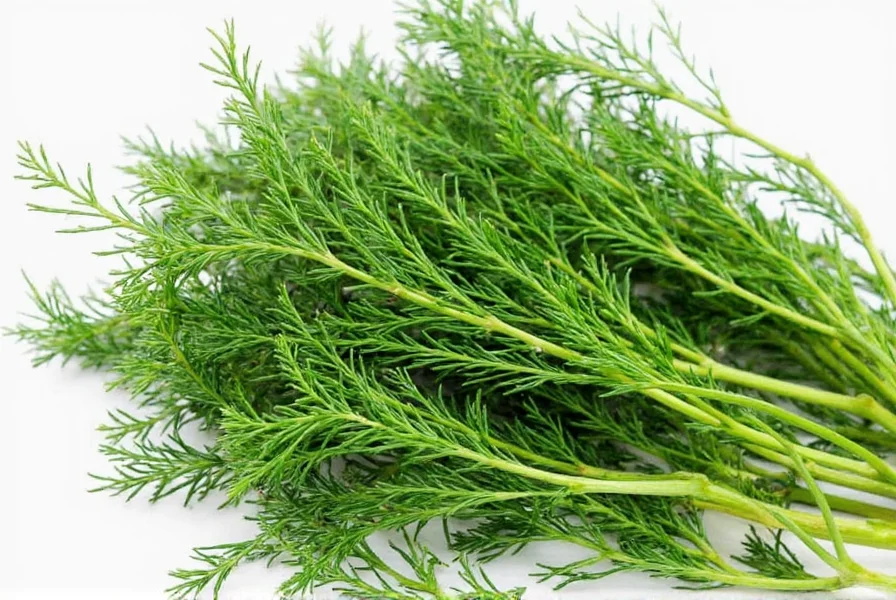
Cooking with Dill Weed: Best Practices
Adding dill weed to your cooking is easier than you think. Here are key practices for using dill effectively:
1. Fresh vs. Dried Dill
While both forms have their uses, fresh dill offers a more vibrant flavor. According to the Food Network, dried dill is more concentrated—use about one-third the amount of fresh dill for equivalent flavor.
| Usage | Recommended Amount (Fresh) | Recommended Amount (Dried) |
|---|---|---|
| Salads | 1-2 tablespoons | 1 teaspoon |
| Seafood | 1-2 tablespoons | 1 teaspoon |
| Yogurt Dips | 1 tablespoon | 1/2 teaspoon |
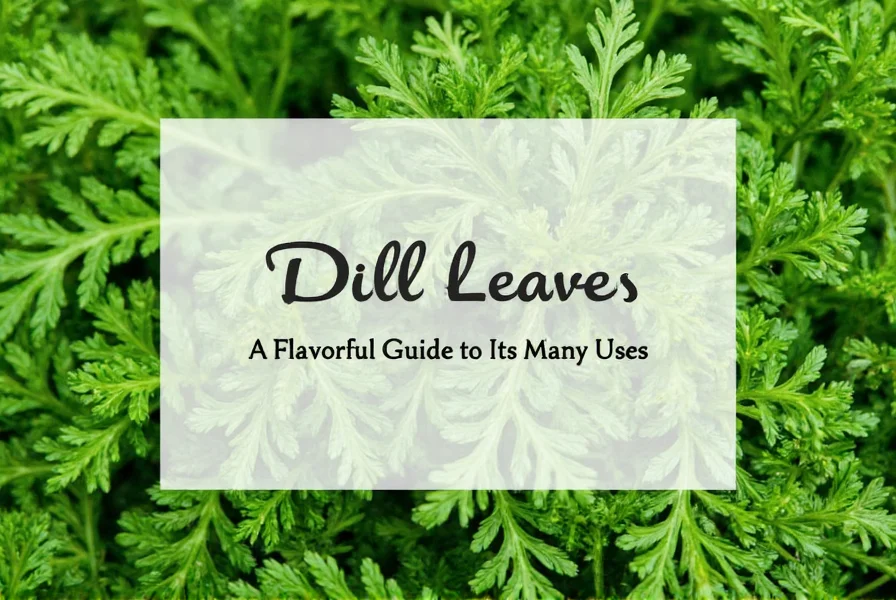
2. Pairing Suggestions
Dill pairs well with other herbs and ingredients like:
- Cucumber
- Garlic
- Lemon juice
- Onions
- Yogurt
According to Epicurious, adding dill to deviled eggs or grilled vegetables creates a refreshing twist that enhances the overall flavor profile.
Buying Guide for Dill Weed: Choosing the Best Quality
When looking for dill weed, whether fresh or dried, there are several factors to consider to ensure you get the best quality. According to the USDA Agricultural Marketing Service, here's what to look for:
1. Fresh Dill
Look for bright green, crisp leaves without any yellowing or wilting. Fresh dill should have a strong, pleasant aroma. The USDA recommends purchasing from local farmers' markets or organic stores for the freshest product.
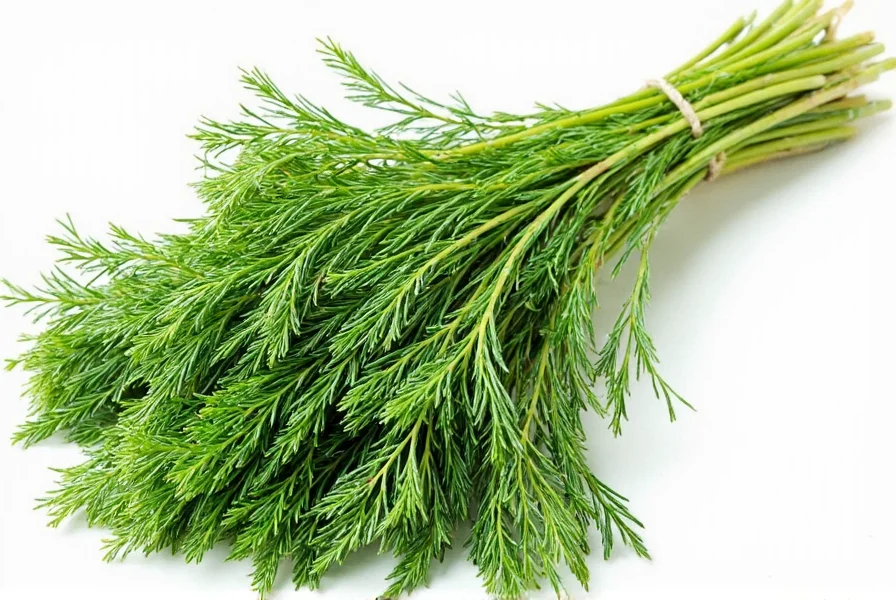
2. Dried Dill
Dried dill comes in either loose form or in small packets. Choose products with a deep green color and no signs of mold or discoloration. Store it in an airtight container away from light and moisture to preserve its flavor. According to the USDA, properly stored dried dill can maintain quality for up to 6 months.
3. Popular Brands and Products
Here are a few top-rated brands and products for dill weed, based on USDA quality standards:
- McCormick Dill Weed: Known for consistent quality and flavor. Ideal for everyday cooking. The USDA lists McCormick as a trusted brand for culinary herbs.
- Penzeys Spices Dill Seed: Offers a more intense, earthy version of dill. Perfect for baking or spice blends. According to Food & Wine, Penzeys is a premium spice brand known for quality.
- Herbivore Botanicals Dill Oil: A natural essential oil used for skincare and aromatherapy. Not for consumption. The NCCIH notes that dill oil should only be used externally.
Each product has different use cases. For example, if you're making a homemade yogurt dip, McCormick would be the go-to choice. If you're experimenting with unique recipes, Penzeys could offer a new flavor profile.
Pro Tips for Using Dill Weed
Whether you're a seasoned chef or a home cook, these tips will help you make the most of dill weed, based on recommendations from culinary experts:
- Add it at the end: Dill loses its flavor quickly when cooked for too long. Stir it in near the end of cooking for maximum impact. According to Cooking Light, this preserves the herb's delicate flavor.
- Use it raw: Fresh dill is best added to dishes after they've been cooked or before serving, such as on top of soups, salads, or dips. The USDA recommends raw dill for maximum nutritional benefits.
- Pair it with lemon: The citrusy brightness of lemon complements the herbal notes of dill perfectly. This combination is widely used in Mediterranean cuisine.
- Make dill tea: Steep fresh or dried dill in hot water for a soothing drink that supports digestion. The NCCIH notes that dill tea has been traditionally used for digestive comfort.
- Experiment with combinations: Try mixing dill with other herbs like parsley, chives, or cilantro for a custom flavor blend. The Food & Wine suggests dill-parsley blends for seafood dishes.
Frequently Asked Questions (FAQs) about Dill Weed
What is dill weed used for in cooking?
Dill weed primarily enhances dishes with its fresh, slightly sweet and tangy flavor. Key culinary uses include seasoning salads, seafood (especially salmon), sauces like tartar sauce, vegetable preparations such as dill pickles, and yogurt-based dips like tzatziki. Its delicate flavor shines when added raw or at the end of cooking. According to the USDA, dill is one of the most popular culinary herbs worldwide.
What are the top 5 essential uses of dill weed?
The top 5 essential uses are: 1) Flavoring potato and egg salads, 2) Elevating seafood dishes (particularly salmon), 3) Creating creamy sauces and dressings, 4) Preparing pickled vegetables, and 5) Making refreshing yogurt dips. These applications leverage dill's bright, herbal notes that complement both cold and warm preparations. The Food & Wine consistently ranks these as the most popular dill applications.
Can dill weed be used for medicinal purposes?
Yes, dill weed has traditional medicinal applications. It's commonly used to aid digestion (reducing bloating and gas), boost immunity through its antioxidant content, and promote relaxation when consumed as a tea. According to the National Center for Complementary and Integrative Health, more research is needed to confirm these effects. Important disclaimer: Dill weed is not a substitute for professional medical advice. Consult a healthcare provider before using it for therapeutic purposes.
What's the difference between dill weed and dill seed?
Dill weed refers to the fresh or dried leaves of the dill plant, offering a delicate, grassy flavor ideal for finishing dishes. Dill seed comes from the plant's fruit and has a stronger, more pungent, citrusy-earthy taste used in pickling and baking. They're not interchangeable due to their distinct flavor profiles and intensities. The USDA provides detailed information on the different culinary uses for each part of the dill plant.
How should I store fresh dill weed to maximize freshness?
Store fresh dill like cut flowers: Trim stems, place in a glass with 1 inch of water, loosely cover with a plastic bag, and refrigerate. Change water every two days. Properly stored, it stays fresh for 5-7 days. For longer storage, chop and freeze in oil or butter. The USDA Agricultural Research Service recommends this method for preserving dill's flavor and nutrients.
Conclusion
So, what is dill weed used for? The answer is simple: it's a flavorful and versatile herb that enhances both savory and sweet dishes. Whether you're using it in a traditional recipe or getting creative in the kitchen, dill weed is a must-have for any spice collection.
From its culinary applications in salads, seafood, and sauces to its gentle medicinal properties, dill weed proves that sometimes the smallest ingredients can make the biggest impact. So, next time you're in the kitchen, don't forget to reach for that bundle of green—it might just transform your dish.
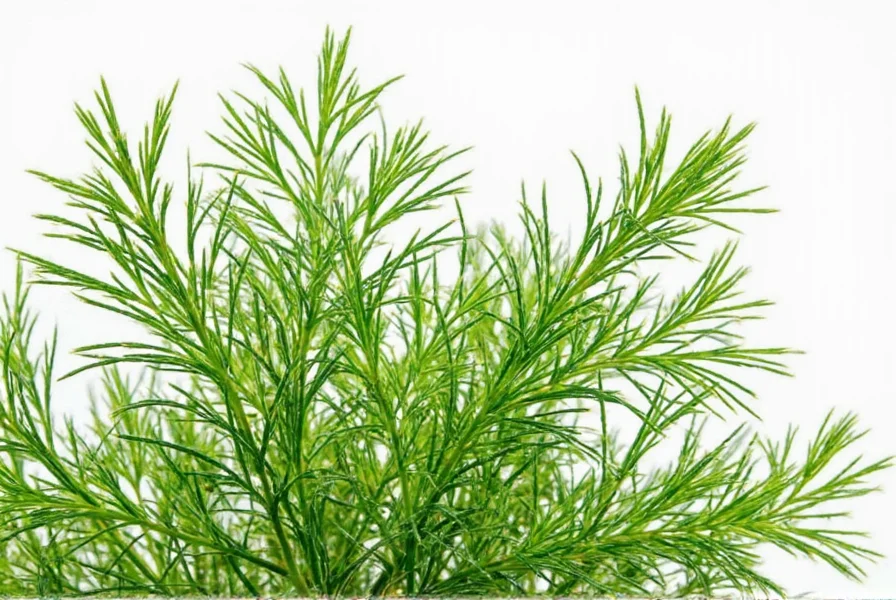

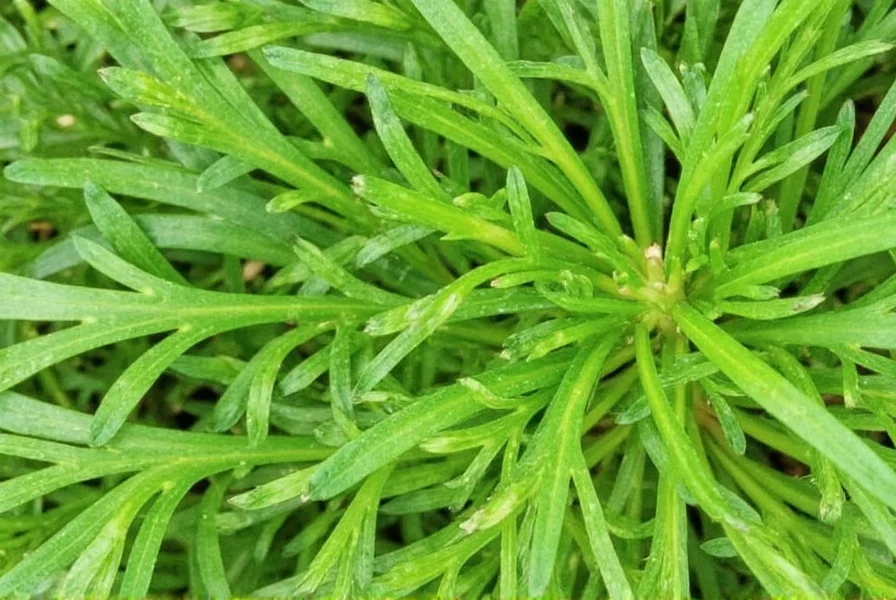









 浙公网安备
33010002000092号
浙公网安备
33010002000092号 浙B2-20120091-4
浙B2-20120091-4